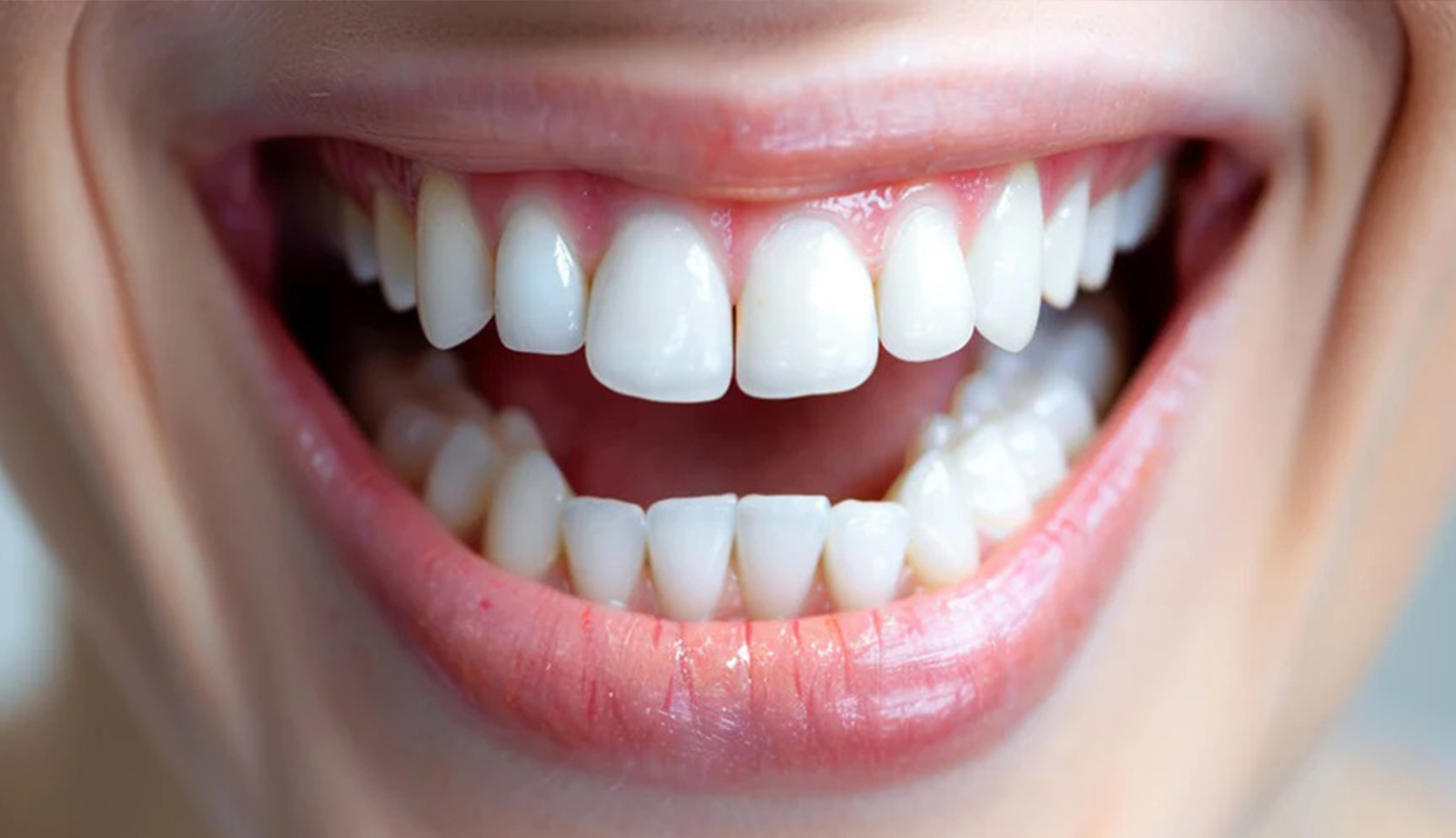
How many teeth does a normal human need?
A normal adult human typically has 32 permanent teeth, assuming all of the wisdom teeth (third molars) come in and there are no extractions. These teeth are distributed as follows:
-
8 incisors:
These are the front teeth, 4 on the upper jaw and 4 on the lower jaw. Incisors are sharp and flat, designed for cutting food.
-
4 canines:
Also called cuspids, there are 2 on the upper jaw and 2 on the lower jaw. Canines have pointed tips and are used for tearing food.
-
8 premolars:
Located behind the canines, there are 4 premolars in the upper jaw and 4 in the lower jaw. Premolars have a flat surface with ridges for crushing and grinding food.
-
12 molars:
These are the large teeth at the back of the mouth. There are 6 molars in the upper jaw and 6 in the lower jaw. Molars have broad, flat surfaces designed for grinding food into smaller pieces. This group includes the 4 wisdom teeth, also known as third molars, which are located at the farthest end of the mouth.
However, many people do not end up with all 32 teeth. Wisdom teeth are often removed, and in some cases, they may not develop at all. Some people may have only 28 teeth if their wisdom teeth have been extracted or if they never grew in. Wisdom teeth removal is a common procedure due to issues such as crowding, impaction, or infection. As a result, many adults typically have 28 teeth instead of 32.
It's also worth noting that missing teeth due to injury, decay, or genetic factors can further reduce the total number. Some individuals might have fewer than 28 teeth, depending on these factors. On the flip side, some people may have extra teeth, known as supernumerary teeth, which can be congenital (present from birth) or develop later in life. These extra teeth can sometimes cause crowding or alignment problems.
In terms of functionality, a person can manage well with 28 teeth, provided that the remaining teeth are healthy. Having a full set of 32 teeth is optimal for efficient chewing and biting, but it’s not strictly necessary for overall oral health. Regular dental care, including brushing, flossing, and routine check-ups, plays a critical role in maintaining oral health regardless of the number of teeth present.
